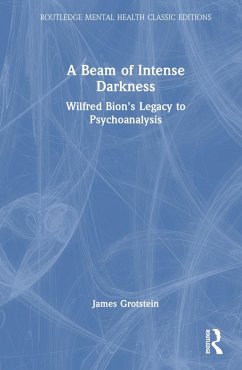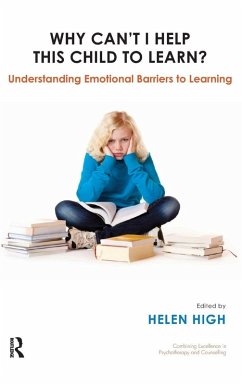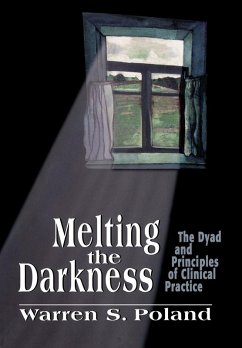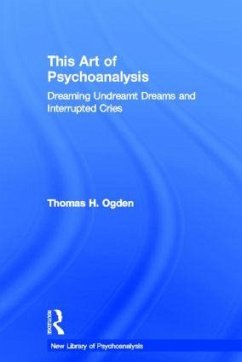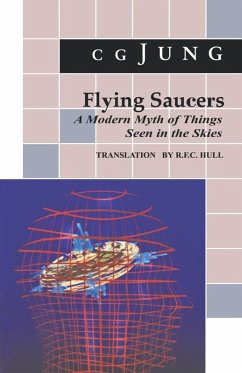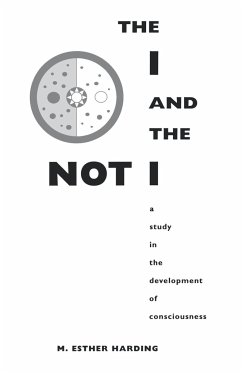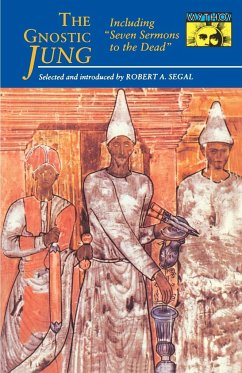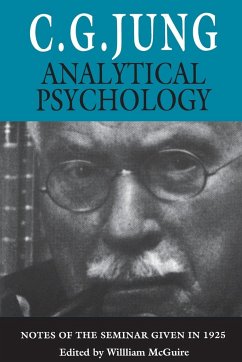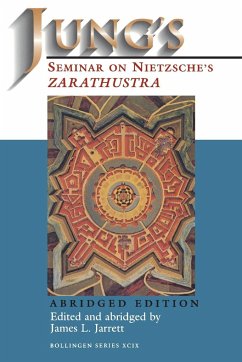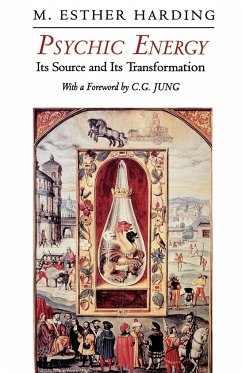
Translate this Darkness
The Life of Christiana Morgan, the Veiled Woman in Jung's Circle

PAYBACK Punkte
32 °P sammeln!
Christiana Morgan was an erotic muse who influenced twentieth-century psychology and inspired its male creators, including C. G. Jung, who saw in her the quintessential "anima woman." Here Claire Douglas offers the first biography of this remarkable woman, exploring how Morgan yearned to express her genius yet sublimated it to spark not only Jung but also her own lover Henry A. Murray, a psychologist who with her help invented the thematic apperception test (TAT). Douglas recounts Morgan's own contributions to the study of emotions and feelings at the Harvard Psychological Clinic and vividly d...
Christiana Morgan was an erotic muse who influenced twentieth-century psychology and inspired its male creators, including C. G. Jung, who saw in her the quintessential "anima woman." Here Claire Douglas offers the first biography of this remarkable woman, exploring how Morgan yearned to express her genius yet sublimated it to spark not only Jung but also her own lover Henry A. Murray, a psychologist who with her help invented the thematic apperception test (TAT). Douglas recounts Morgan's own contributions to the study of emotions and feelings at the Harvard Psychological Clinic and vividly describes the analyst's turbulent life: her girlhood in a prominent Boston family; her difficult marriage; her intellectual awakening in postwar New York; her impassioned analysis with Jung, including her "visions" of a woman's heroic quest, many of which furthered his work on archetypes; her love affairs and experiences with sexual experimentation; her alcoholism; and, finally, her tragic death.




